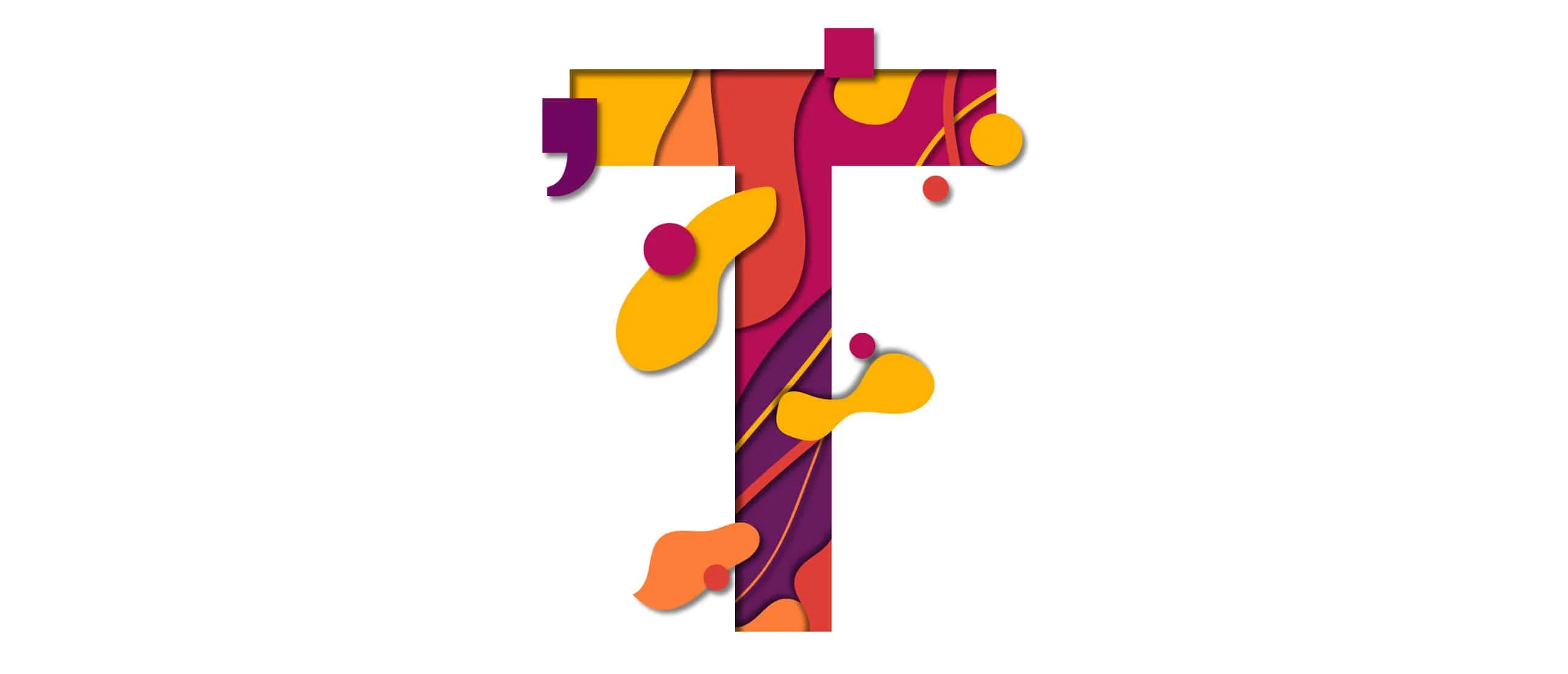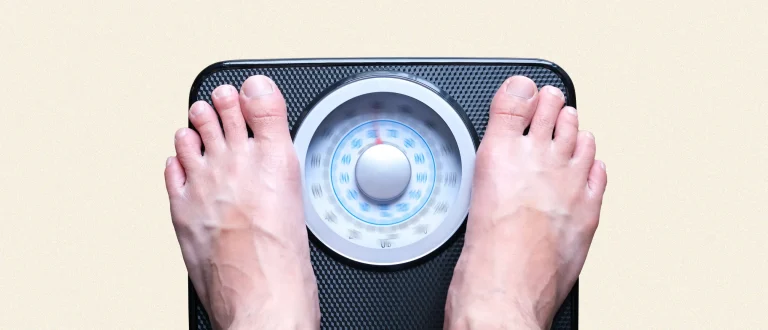Testosterone is a crucial male sex hormone that plays a major role in regulating a number of things in your body. While it’s found in all humans, and even in other animals, in men, it’s dominantly made within the testicles. Testosterone production ramps up dramatically when you enter puberty and it remains at peak levels through your 20s, starting to decrease around the age of 30, at the rate of about 1 percent per year.
What’s Testosterone’s Role Within Your Body?
Hormones are chemical vehicles that travel throughout the body, delivering messages to enact changes that are necessary for proper function. Testosterone is a hormone that is most closely tied to your sex drive, your fertility, your body’s ability to store and burn fat, red blood cell production, and even your emotions and mood. During puberty, it’s responsible for the development of your penis and testes, your ability to grow facial hair and your voice deepening, and your sperm production.
Your body needs the proper amount of testosterone to both develop male sexual characteristics, but it also needs to maintain a certain level for you to remain fertile. Because testosterone aids in the production of mature sperm, if your levels dip too low, you may become infertile.
How Does Your Body Make Testosterone?
It’s a naturally occurring process in which a message is sent from the brain to the pituitary gland, located at the base of the brain. The pituitary gland then fires a signal to the testes to produce testosterone within cells called Leydig cells. From there, the testosterone enters your bloodstream to be distributed throughout the body to aid in the aforementioned functions.
Your body is constantly monitoring the levels of testosterone within your blood. If the hormone’s levels are too elevated, the brain can tell the pituitary glands to slow down production.
What Happens to Your T Over Time?
As men age, their testosterone levels naturally drop. Your peak testosterone levels will occur during puberty, where healthy young men can expect to produce as much as 6 mg of testosterone daily, and then decline. The factors that account for the natural decline include your age, your overall health, and your lifestyle.
A normal testosterone level in an adolescent male, 19 years of age, is between 300 and 1,200 ng/dL (nanograms per deciliter, the preferred measurement of testosterone). A 40-year-old male can expect testosterone levels anywhere between 252 and 916 ng/dL, while a 50-year-old’s range can be between 215 and 878 ng/dL. Anything below 300 ng/dL can be clinically considered low.
Poor health and underlying chronic conditions can contribute to your testosterone levels decreasing. Those include:
- An injury to the testicles
- An infection of the testicles
- Alcoholism
- Chronic diseases including: type 2 diabetes, kidney and liver disease, obesity, and HIV/AIDS
- Genetic diseases, including hemochromatosis, myotonic dystrophy, Klienfelter syndrome, and other autoimmune conditions
- Tumors within the pituitary or hypothalamus glands
- Steroids, morphine, or other related opiate analgesics and tranquilizers
- Cancer treatments, such as chemotherapy or radiation
Symptoms of Low Testosterone
When your testosterone decreases to a rate where it’s considered low (below a level of 300 ng/dL), it’s called hypogonadism. The low level of testosterone itself is not a cause for concern; you should only visit a doctor if you experience any of the below symptoms that are associated with low testosterone, or Low T:
- Reduced sexual drive or low libido
- Loss of body hair
- Loss of muscle
- Erectile dysfunction
- Low sperm count
- Increased body fat
- Loss of strength
- Enlarged breast tissue
- Hot flashes
- Irritability
- Inability to concentrate
- Depression
How to Test Testosterone Levels
Starting at around the age of 35, men should begin testing their testosterone to ascertain a baseline understanding of this vital hormone’s level. Thankfully, with Hone’s at-home testosterone test, gaining insight into what’s happening inside your body has never been easier.
The benefits of Hone’s at-home test includes:
- It’s a blood test (more accurate for reading your overall testosterone levels than a saliva test)
- You can do it from the ease of your home instead of making an appointment with your doctor or a lab
- It’s beyond reliable. We use state-of-the-art labs for analysis
- We test for a wide range of biological markers, including
- Total Testosterone
- Free Testosterone
- Luteinizing Hormone (LH)
- Estradiol
- Sex-hormone Binding Globulin (SHBG)
- Albumin
- Alanine Aminotransferase (ALT)
- Aspartate Transaminase (AST)
- Your get a video consultation with a doctor to discuss your results
Check out our in-depth article about what to expect from Hone’s at-home testosterone testing. Testing is important because if your testosterone is dropping, you’re able to stay ahead of detrimental changes to your body if you’re a good candidate for low testosterone treatment options.
Low Testosterone Treatment Options
If your test results indicate that your testosterone is indeed low, there are several courses of treatment to help raise your level. This is commonly called testosterone replacement therapy or TRT and this course of treatment can aid in reversing some of the negative symptoms you’ve been seeing as a result of your hormone levels.
Testosterone Replacement Therapy involves introducing additional testosterone directly into your system via several methods, including skin gels and patches, tablets or troches that are taken orally, or injections. At Hone, our doctors and clinicians are able to prescribe all forms, but we have a preference for injections as those only are required once per week, so the compliance rate is far higher than with a gel or oral medication that is required more frequently.
All TRT treatments are determined on an individual basis, based on your hormone levels and your doctor’s recommendations. Your clinician will determine the optimal dosages from the perceived benefits from the therapy and on the symptoms you’re experiencing.
It’s important that you only undertake testosterone replacement therapy under proper medical care. Alternative testosterone supplements, such as prohormones or herbal supplements, have not been proven to be as effective and, in some cases, have been proven harmful to your body.
Prohormones, a type of steroid commonly associated with weight loss and building muscle, have priorly been marketed to men as a treatment for Low T. These have included ingredients such as dehydroepiandrosterone (DHEA) and an herbal additive called Tribulus terrestris, though a bill prohibiting the sale of these steroids was enacted in 2014.
While newer supplements that may include these ingredients may be again on the market, there’s no research that indicates that these products are effective at altering your testosterone levels. One 2016 study indicated no evidence that Tribulus terrestris will increase your T levels.
Additionally, herbal supplements are not governed by any agency, so there’s no one ensuring the safety of the products offered. Lastly, these supplements can boost your estrogen, a female hormone that counteracts your testosterone.








